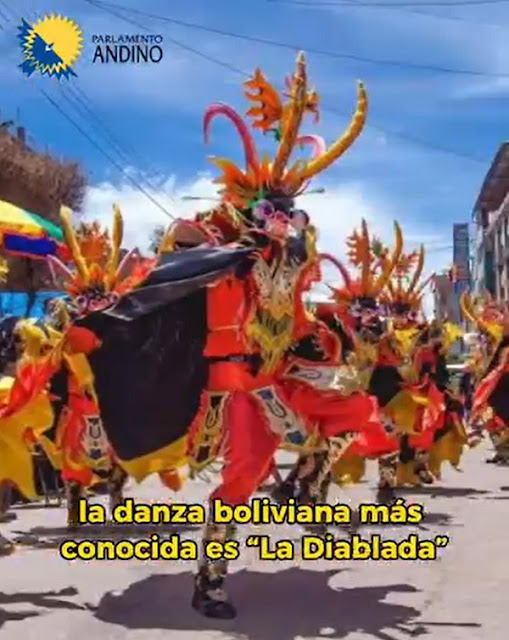The Prosecutor's Office reported that a preliminary investigation has been opened against the accused for alleged crimes of extortion, bribery, and misuse of influence.
Colonel Marco Alexeis Murguía Ramos assumed the position of the new director of the Interpol unit in Santa Cruz on Wednesday, replacing Colonel Willy Zeballos, following the disclosure of the accusation against officers accused of extorting $200,000.
Eight police officers were implicated in this crime against a Brazilian citizen. The victim filed a complaint, and the accused appeared yesterday to give their statement to the Anti-Corruption Prosecutor's Office in the Specialized Department for the Fight Against Corruption (DELCC).
As a result, the Departmental Police Command ordered that the accused, including colonels holding high positions, be removed from their duties and undergo disciplinary proceedings.
"On superior instructions, we are assuming this departmental leadership with the aim of continuing public service, in light of the various procedures carried out for both national and foreign citizens," stated Murguía.
Regarding the complaint, the new head of Interpol expressed that it is under investigation by DELCC and the Internal Intelligence department, who will determine the circumstances.
The Case
On Sunday, January 26, agents from the Special Force for the Fight Against Violence (Felcv) arrived at a condominium located on the 7th ring of Cristo Redentor Avenue to address a complaint of alleged domestic violence.
While on the premises, the officers observed that the accused was a Brazilian citizen identified as Henrique Lucas de Souza, who did not have his documentation. Therefore, they reported the incident to Interpol for further action.
Upon receiving this information, Interpol dispatched a group of officers to the location, and they attempted to extort $200,000 from the Brazilian.
Prosecutor's Investigation
The assigned prosecutor for the case, Mirtha Mejía, stated that a preliminary investigation has been opened for the alleged crimes of extortion, bribery, and misuse of influence, with the police officers identified as the alleged perpetrators.
"We have not yet individualized the accusations as two police units were involved," said the prosecutor.















